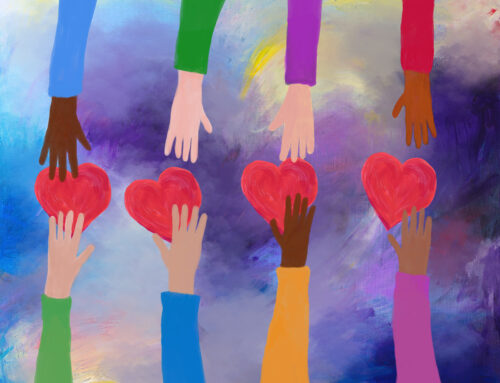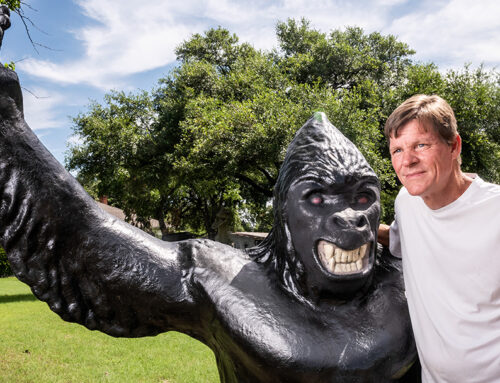I’ve been imagining this post-millennium scene: I’m in line at someplace like a hardware or sporting goods store, exchanging some kind of gadget for some other gizmo. Ahead of me and behind me in the line are a number of sheepish-looking guys dressed in camouflage clothing.
The guy in front of me is trying to get a refund on several gas-powered generators. The guy behind me has piled next to him several crates of ammunition of varying calibers. Behind him is a guy with about two dozen cases of freeze-dried something-or-other marginally edible. The usual unwanted Christmas gifts? No, more likely just a few of the many people who awoke on Jan. 1, 2000, shocked to find that they had running water and electricity, the radio and TV stations were on the air and anarchists weren’t rioting in the streets.
My friends in line would appear to be some of the thousands of the gullible folks with overactive imaginations who (literally) bought into the science fiction scenarios of apocalypse and Armageddon starting at the stroke of midnight on January 1, or who had been fed goofy ideas about stuff like Bill Clinton and the UN staging a coup d’etat.
Meanwhile, purveyors of items like snake oil, um, I mean overpriced survivalist gear and gold coins are laughing all the way to the bank (which, by the way, opened on January 2 without a hitch). Where do people get these nutty ideas? Do we still think there’s something mystical about a number with three zeroes at the end of it? What kind of culturecentric thinking is it that makes us believe something dire will happen only at the turn of the Western, Gregorian calendar, as opposed to the Chinese, Hebrew, Islamic or other year-numbering systems? And why January first as opposed to some of the other “New Year’s” days used in other cultures?
Even if everything was supposed to go haywire at midnight, then midnight in which of the world’s 24-plus time zones, or was the apocalypse going to happen in Atlanta an hour before it started in Dallas? Not only that, the year 2000 is technically the last year of the 20th Century and its millennium, not the first year of the next. Finally, most Biblical scholars and historians will tell you that the Christian era, which we apparently have decided is the only dating system that counts, actually started around 4 B.C., so maybe this is really the year 2004 by our logic.
Of course, if I’m wrong about all this, I’m in really big trouble and you’ll be reading this column via smoke signals. Most of us, fortunately, appear to be taking the change in the calendar calmly and logically. After all, if we keep our perspective, this looks like a pretty good time in which to live. If you really want to see some ignorance and superstition, check out the last time humans went through the turn of a millennium.
The vast majority of our ancestors in the year 1000 were illiterate and uneducated, probably never having traveled as far as the next village, living in rude huts and bedding down next to the pigs and chickens (if you were fortunate enough to have some) when the sun went down. If you were lucky, you might live to the advanced age of 35 or 40 if marauding Vikings or assorted pandemics didn’t get you first. Even 100 years ago, in the supposed “good old days,” just about any indicators of quality of life like levels of health, education, real income, pure food, clean water and others were far inferior to today’s.
And I’m old enough to remember a scant 40 years ago when the daily facts of life included Cold War paranoia, Jim Crow segregation, pollution-belching smokestacks, and things like polio and smallpox. All in all, I’ll take the world we live in today and be quite happy with it.
While there is still much that needs to be done, both here and abroad, most of us in this country have better health, a longer life expectancy, more education, a higher standard of living and more freedom and opportunity than ever before.
I look at all that and compare it to the past, and I can’t help but be optimistic about what the future holds for us.





